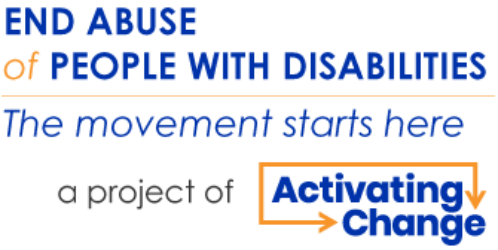Removing Barriers Following Sexual Assault: Sexual Assault Forensic Exams for Survivors with Disabilities
There are many barriers for survivors of sexual assault who are seeking sexual assault medical forensic exam services to overcome- regardless of abilities. Those challenges can be compounded when the survivor has a disability. Service providers and medical professionals can help facilitate the process by ensuring an accessible process for all survivors. This webinar will review the unique needs of survivors with disabilities and best practices for completing sexual assault exams to ensure a safe and accessible experience for all.
Our presenters for this webinar will be Kim Day and Angelita Olowu. Kim Day RN, SANE-A, SANE-P is the Forensic Nursing Director at the International Association of Forensic Nurses (IAFN). Angelita Olowu BSN, RN, SANE-A, SANE-P is a forensic nurse with 12 years of nursing experience. Angelita is currently working as a Forensic Nursing Specialist at the International Association of Forensic Nurses. (IAFN).
